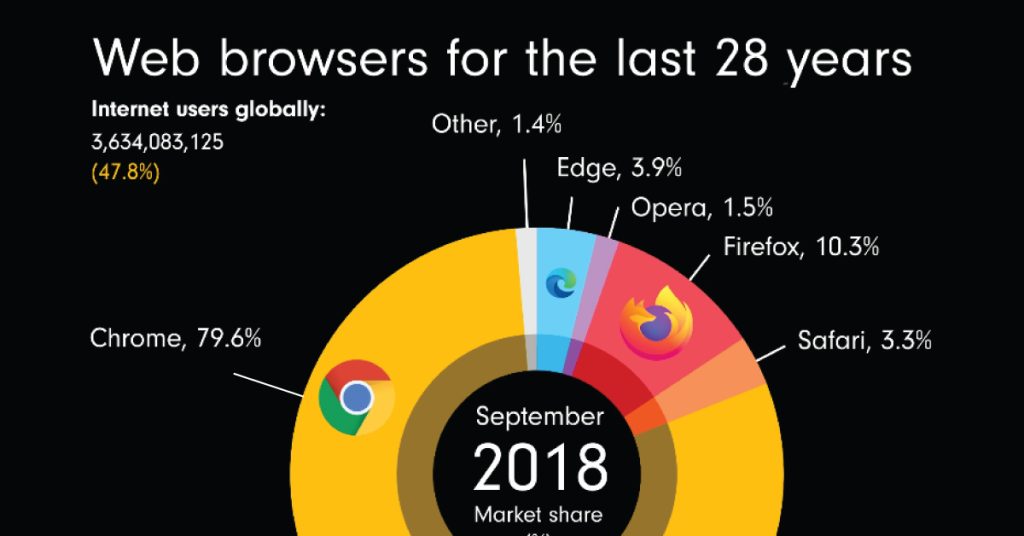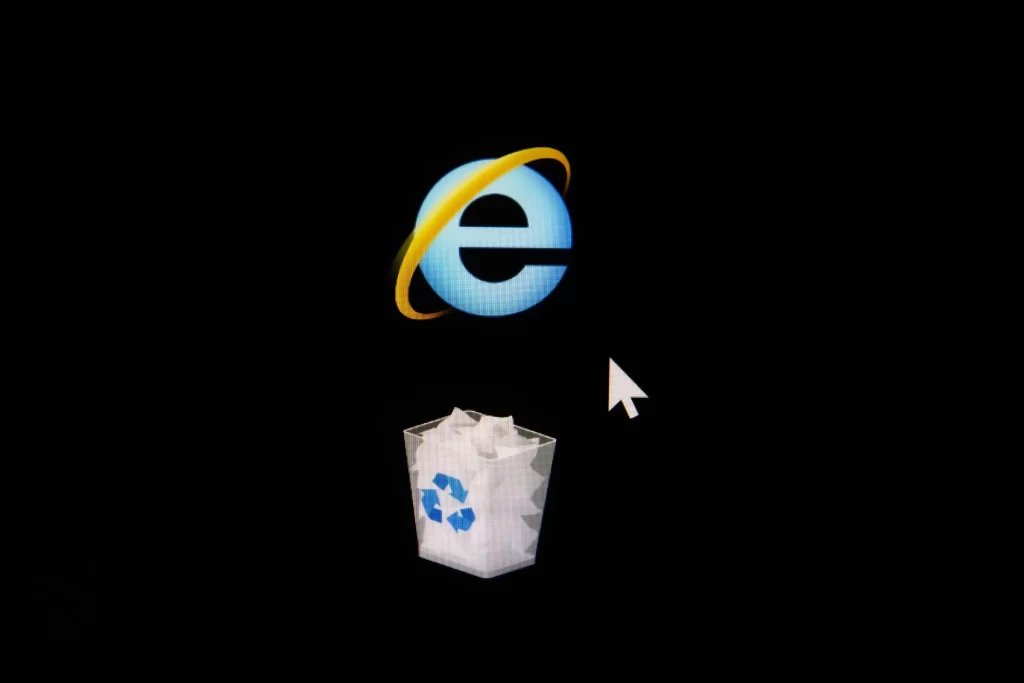
In a move that marks the end of an era in the digital landscape, Microsoft has officially retired Internet Explorer (IE), the iconic web browser that has been a staple of the internet for a quarter of a century. After 25 years of service, IE has taken its final bow, making way for more modern and secure alternatives.
Internet Explorer, once the dominant force in the browser arena, played a significant role in shaping the early days of the internet. Launched in 1995 with the release of Windows 95, IE quickly became the go-to browser for millions of users worldwide. Over the years, it weathered various iterations and updates, but in recent times, its relevance had dwindled as newer, faster, and more feature-rich browsers emerged.
The decision to retire Internet Explorer comes as no surprise, as Microsoft had already been steering users towards its more modern browser, Microsoft Edge, for quite some time. Edge, introduced in 2015 and subsequently revamped using the Chromium engine in 2020, offers improved performance, enhanced security features, and a more seamless browsing experience.

The retirement of Internet Explorer is not merely a technological shift; it symbolizes the evolution of the internet itself. The digital landscape has transformed dramatically since the mid-1990s, with new technologies, standards, and user expectations shaping the way we interact with the online world. Internet Explorer, once a pioneer, found itself struggling to keep up with the demands of the modern internet.
For those who still harbor a sense of nostalgia for Internet Explorer, it’s essential to recognize that this retirement is not a dismissal of its historical significance.
Internet Explorer played a crucial role in bringing the internet to the masses and laying the groundwork for subsequent browsers. It introduced many users to the wonders of the world wide web and paved the way for the interconnected world we live in today.
As we bid adieu to Internet Explorer, it’s worth acknowledging the impact it had on the early days of the internet and recognizing its role as a trailblazer. The retirement of IE signifies not only the closure of a chapter but also the dawn of a new era in the ever-evolving digital landscape. Users are encouraged to make a smooth transition to more modern browsers, such as Microsoft Edge or other popular alternatives, to continue enjoying a secure and seamless browsing experience in this new era of the internet.
.

